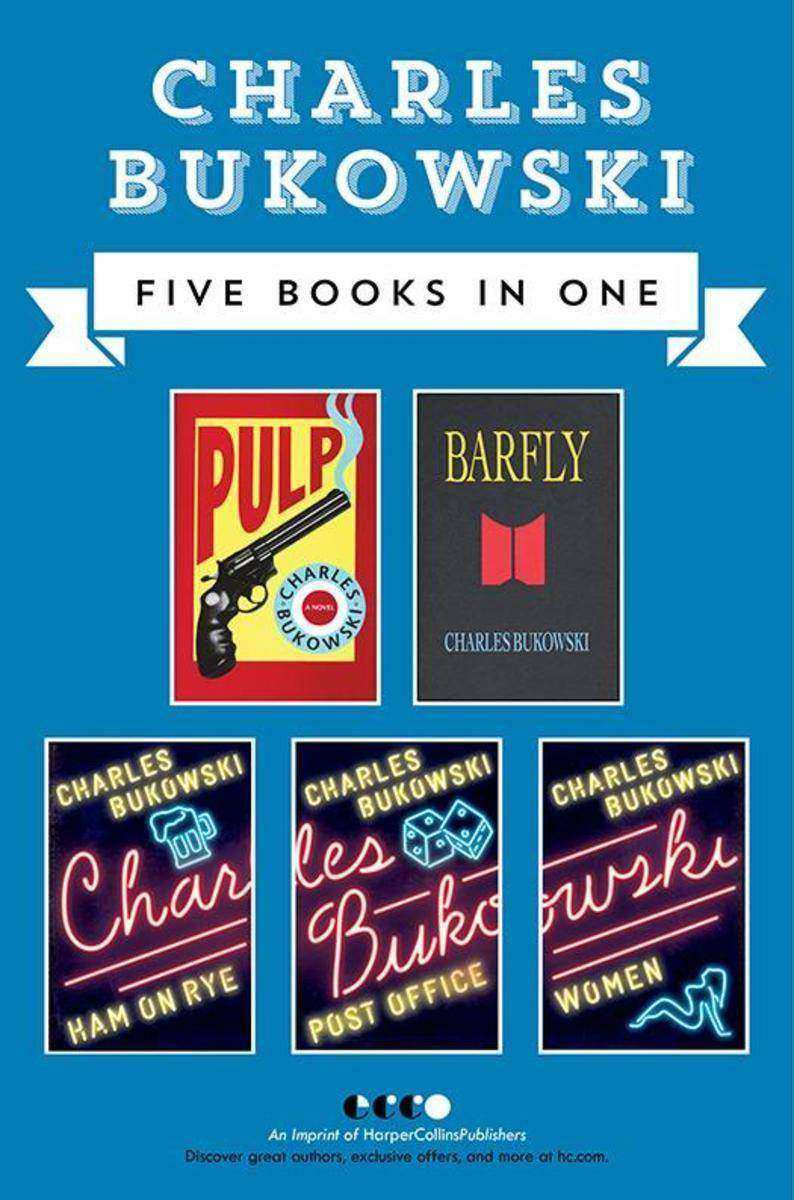
Charles Bukowski Fiction Collection
¥425.27
Charles Bukowski Fiction Collection by Charles Bukowski has de*ive copy which is not yet available from the Publisher.

GB50474-2008隔热耐磨衬里技术规范(英文版)
¥425.00
本规范适用于催化裂化装置反应再生系统设备的隔热耐磨衬里设计,施工及验收。本规范主要技术内容包括:总则、术语、衬里设计、衬里材料、衬里施工、质量检验、补衬与修补、衬里烘炉、工程验收等。本规范适用于催化裂化装置反应再生系统设备的隔热耐磨衬里设计,施工及验收。本规范主要技术内容包括:总则、术语、衬里设计、衬里材料、衬里施工、质量检验、补衬与修补、衬里烘炉、工程验收等。

GB50217-2007电力工程电缆设计规范(英文版)
¥425.00
本规范主要内容包括:总则、术语、电缆型式与截面选择、电缆导体材质、电力电缆芯数、电缆绝缘水平、电缆绝缘类型、电缆护层类型、控制电缆及其金属屏蔽、电力电缆导体截面、电缆附件的选择与配置等。
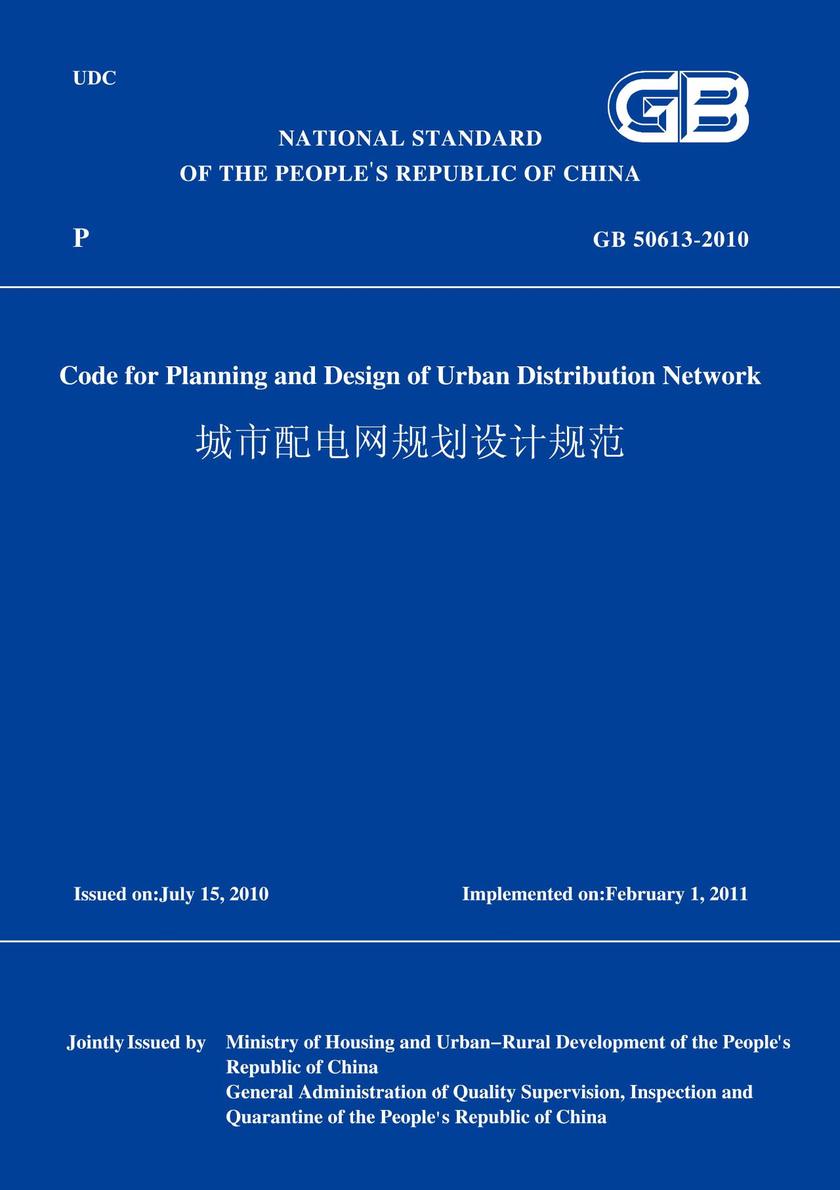
GB 50613-2010(英文版)城市配电网规划设计规范
¥425.00
本规范是根据原建设部《关于印发<2007年工程建设标准规范制定、修订计划(第二批)>的通知》(建标[2007]126号)的要求,由中国南方电网有限责任公司和国家电网公司会同有关单位共同编制完成的。 本规范总结并吸收了我国城市配电网多年积累的经验和科技成果,经广泛征求意见,多次讨论修改,后经审查定稿。 本规范共分11章和5个附录,主要技术内容包括:总则、术语、城市配电网规划、城市配电网供电电源、城市配电网络、高压配电网、中压配电网、低压配电网、配电网二次部分、用户供电、节能与环保。 本规范中以黑体字标志的条文为强制性条文,必须严格执行。 本规范由住房和城乡建设部负责管理和对强制性条文的解释,中国电力企业联合会标准化中心负责日常管理、中国南方电网有限责任公司负责具体技术内容的解释。

DL5190.5-2012电力建设施工技术规范第5部分:管道及系统(英文版)
¥425.00
本标准为中华人民共和国电力行业标准,由住房城乡建设部组织翻译的英文版,用于对外交流和国内对外的合作。中文版已于2012年出版。 本标准适用于新建、扩建、改建的1000MW级及以下火力发电、燃机、生物质能发电、垃圾发电站等电站和核电常规岛工艺管道的施工。

GB 50545-2010(英文版)110kV~750kV架空输电线路设计规范
¥425.00
《110kv-750kv架空输电线路设计规范 GB50545-2010》适用于交流110kV~750kV架空输电线路的设计,其中交流110kV~750kV适用于单回、同塔双回及同塔多回输电线路设计,交流750kV适用于单回输电线路设计。

沙丘六部曲(2024全新增补修订版)读客科幻文库
¥424.50
“汝等不应造出如人般思维的机器。” 大骚乱后,帝国颁布“机器人禁令”,银河系重回低技术时代。而来自沙丘星的珍贵香料,成为权力、欲望与杀戮的新焦点。 贪婪者,用香料调制延年益寿的灵药。 愚昧者,在香料幻象的迷雾中匍匐膜拜。 阴谋家,把香料当做一统帝国的筹码。 只有救世主,在香料中窥见了血流成河的人类命运,和他不得不奔赴、又不可不抗争的宿命。

巴蜀乡土建筑文化(套装全8册)(西南交通大学教授季富政讲述羌族建筑的产生和发展过程。)
¥422.99
巴蜀乡土建筑文化(套装全8册)包含《四川民居散论》《宽窄巷子探源》《三峡古典场镇》《巴蜀城镇与民居》《巴蜀乡土建筑》《中国羌族建筑》《巴蜀山野写生》《手绘四川民居》
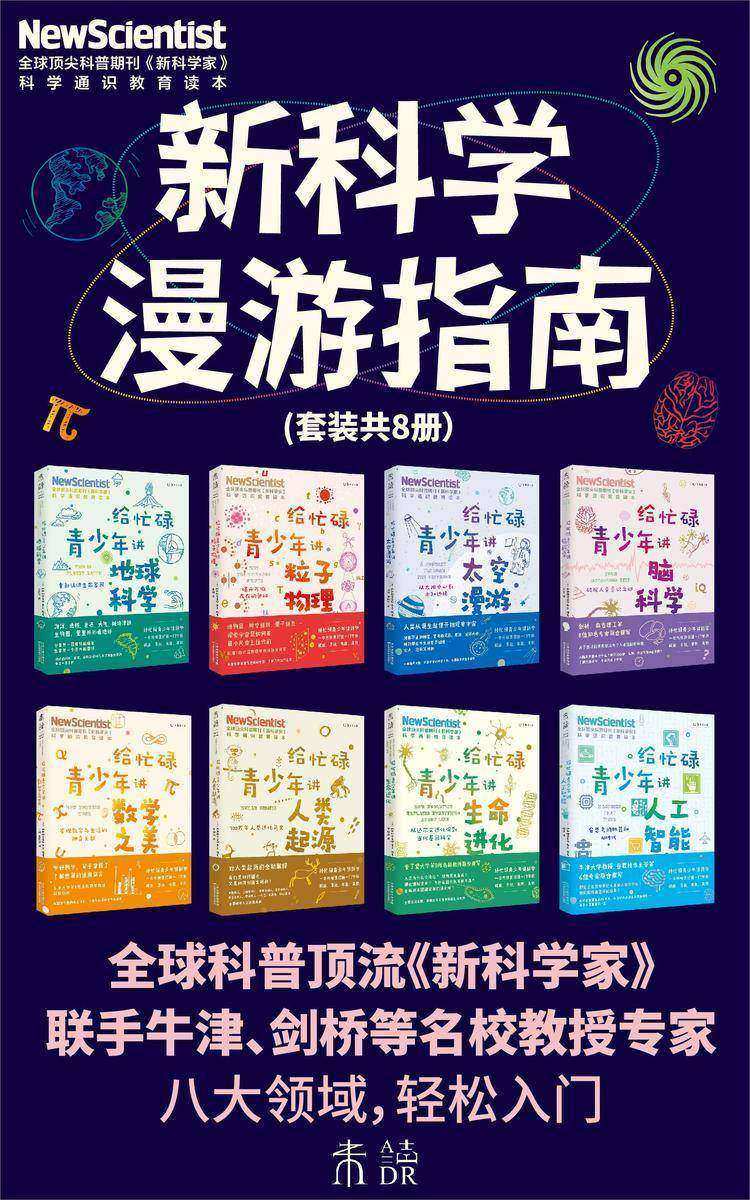
新科学漫游指南(套装共8册)
¥422.80
世上有许多难以解答的问题,但只有一个可以被称为“难问题”,那就是意识问题。 什么是意识?它是真实的还是幻觉?一团1400克的细胞中藏着哪些秘密?大脑有关吗? 睡觉时还会思考吗?智慧可控吗?动物有意识吗?清醒的大脑和遇到障碍的大脑有什么区别?意识水平是如何衡量的?婴儿有意识吗?为何会有悲伤、喜悦等复杂的感受?意识为什么会丧失?机器可以有意识吗?如何解释催眠、潜意识与幻觉…… 本书融合哲学、生物学、神经学,并汇集了当今意识研究领域前沿思想,对感觉、知觉、思维、记忆做系统的解释,揭秘大脑是如何运作的。

民间山野怪谈
¥419.79
行一生江湖,讲一段民间鬼事,民间山野怪谈,一直充斥着人们的茶余饭后,民间关于山野鬼神之事更是传的五花八门。 有一种奇人,不但能帮人起坟下葬,点选宅邸,还可以断生死,道天机,除邪煞,过阴曹,救人度命,去灾免祸,这就是阴阳先生。 这样一个先生,身负使命,游走于阴阳两界,当一件又一件离奇的事件发生在他的身边,当一个又一个的风水凶地出现在他的眼前,当一个又一个的苦主寻上门来时,看他是如何用阴阳之术应对…… 我是阴阳先生,走南闯北去过中国大江南北,讲一讲中国百年来民间山野灵怪之事……

神医毒妃【21世纪毒医世家传人,身怀异禀,医毒双绝,一朝穿越,成了东秦王朝文国公府嫡女白鹤染。】
¥419.79
21世纪毒医世家传人,身怀异禀,医毒双绝,一朝穿越,成了东秦王朝文国公府嫡女白鹤染。 生母惨死,生父不认,嫡母当权,姐妹伪善。 熊熊斗志冉冉升起,这一世,她要换一种活法。 欺我者,打! 辱我者,杀! 逼死我母?血债血偿! 阴谋算计?不死不休! 面对不要脸的所谓亲人,她一笑森然:欲毁我者,满门皆诛! 然而,在这条戾气正浓的路上,偶尔也会出现偏差。 她杀人放火,他火上浇油。 她打家劫舍,他磨刀霍霍。 某皇子:小染染,你这是要拽本王去哪里?不用你费力,本王自己跟着来...
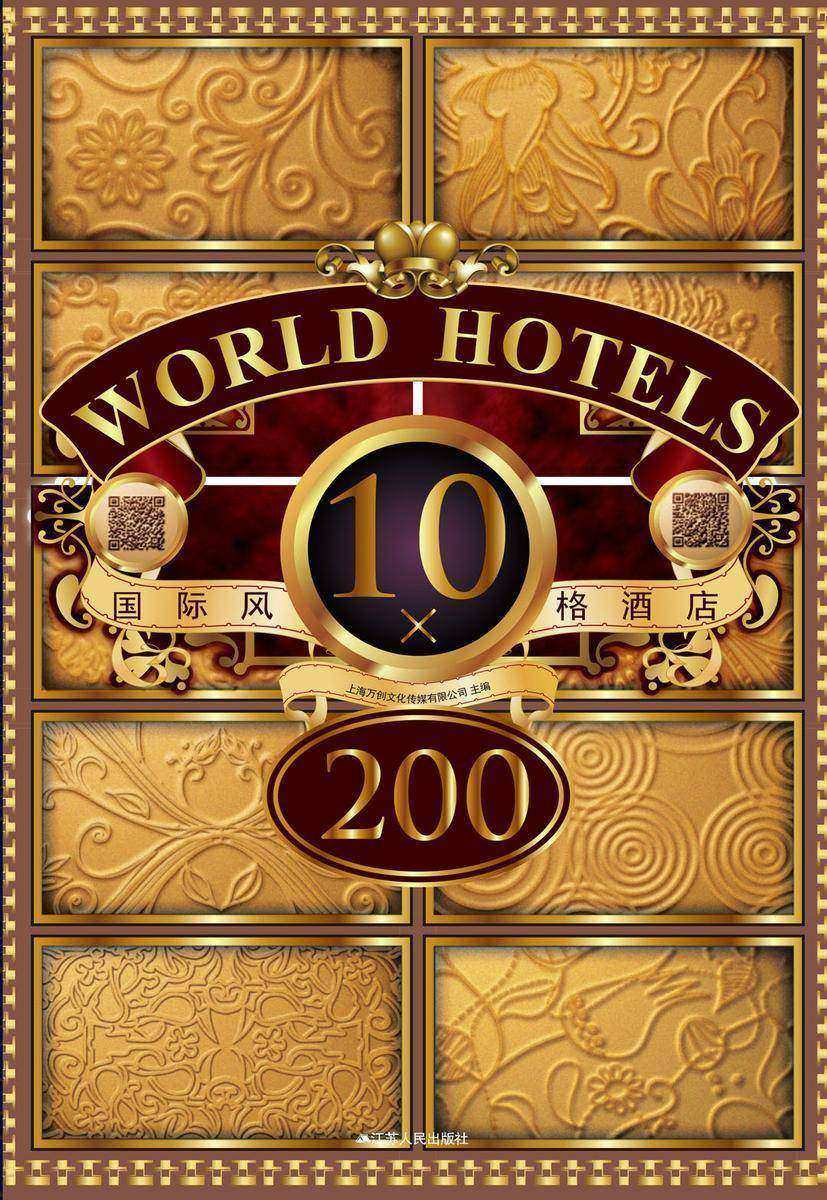
国际风格酒店10×200
¥419.00
《国际风格酒店10*200》涵盖10种风格的酒店设计:新古典风格、中式风格、现代风格、东南亚风格、地中海风格、美式风格、加拿大风格、欧式风格、阿拉伯风格、非洲风格等,200家酒店以崭新的视角展现了当今世界不同地域、文化背景的*代表性酒店的室内外设计,为读者带来无与伦比的视觉盛宴。

重写晚明史(套装全五册) 中华书局出品
¥418.80
著名明史学者樊树志教授用五卷两百余万字图文篇幅,以全球史的大视野和生动鲜活的细节刻画笔法,生动描绘了晚明跌宕起伏的历史长卷,呈现晚明社会在政治、经济、思想、文化等方面的历史大变局。 ? ? 本套书图文双色排版,是完整版《重写晚明史》首次与读者见面。樊树志先生从嘉靖中期内阁更替落笔,以清初吴梅村“忍死偷生廿余载”的悔恨余音收尾,用翔实的史料和历史学家的深厚学养见解,向读者娓娓讲述晚明这段令人荡气回肠的历史。 本次套装本随赠一册同款笔记本,以答谢读者厚爱。

会计规则的由来
¥418.80
本书分为三编(共四卷),以企业会计规则的演变为主线,分别阐释了英国公共会计师行业设计的公认会计惯例(第一卷,即第一编)、美国证券市场上的公认会计原则(第二卷和第三卷,即第二编的上、下两部分)以及我国企业会计法规体系(第四卷,即第三编)的建立和发展,紧扣完善国家统一的会计制度,增强审计监督合力,实现财会监督、审计监督的有机贯通、相互协调的主题,提出了具有一定可行性的参考方案。 本书遵循理论逻辑、历史逻辑和实践逻辑“三个逻辑相统一”的方法论,提出了“根据法律事实记账”“建立政府监管机构和单位内部监督机构自愿委托的注册会计师协助机制”“根据我国法律原则完善国家统一的会计制度”等理论主张,并提供了基于法学、经济学和管理学多学科视角的理论论证和历史证据,有助于推动建设充分体现中国特色、中国风格、中国气派的会计审计学科体系、学术体系、话语体系。

运动治疗
¥418.60
本书以临床实用为前提,以可操作性为重,以精准、前沿为目标的编写思想,尽量做到与时俱,是一本有循证且实用性强的专业书籍。本书编委大都是来自全国各地临床一线的资深物理治疗师,他们在运动治疗方面临床经验丰富,既有一手的临床工作实践,还具有一定的科研能力。编委们从运动治疗概论、生物力学、运动治疗生理基础相关内容出发,强调制动与运动、功能受限与运动治疗等的关系,详细描述了常用运动治疗技术以及运动治疗在常见疾病中的应用。全书分为运动治疗基础、运动治疗技术和运动治疗的临床应用共三篇,53 章。书中包含大量的图片,旨在通过图文并茂的形式将运动治疗临床技术的精准操作传递给读者。
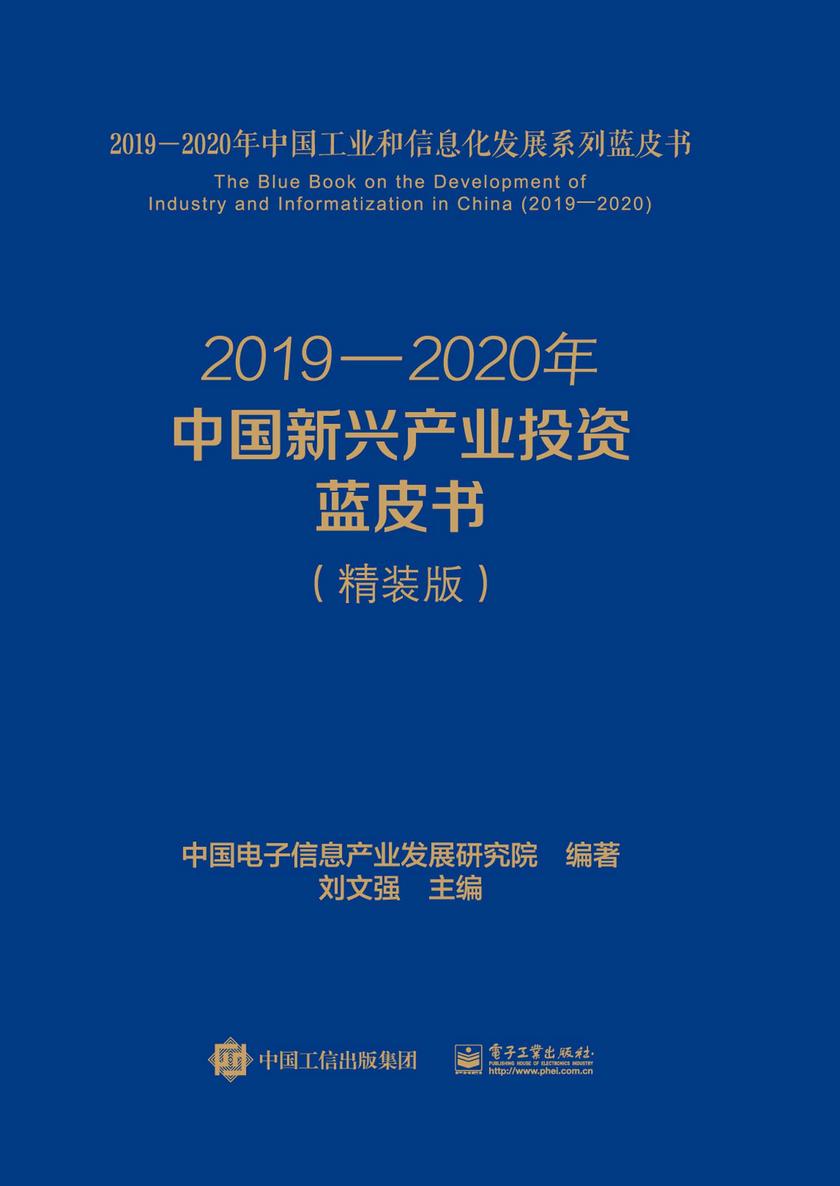
2019—2020年中国新兴产业投资蓝皮书(精装版)
¥418.60
暂无
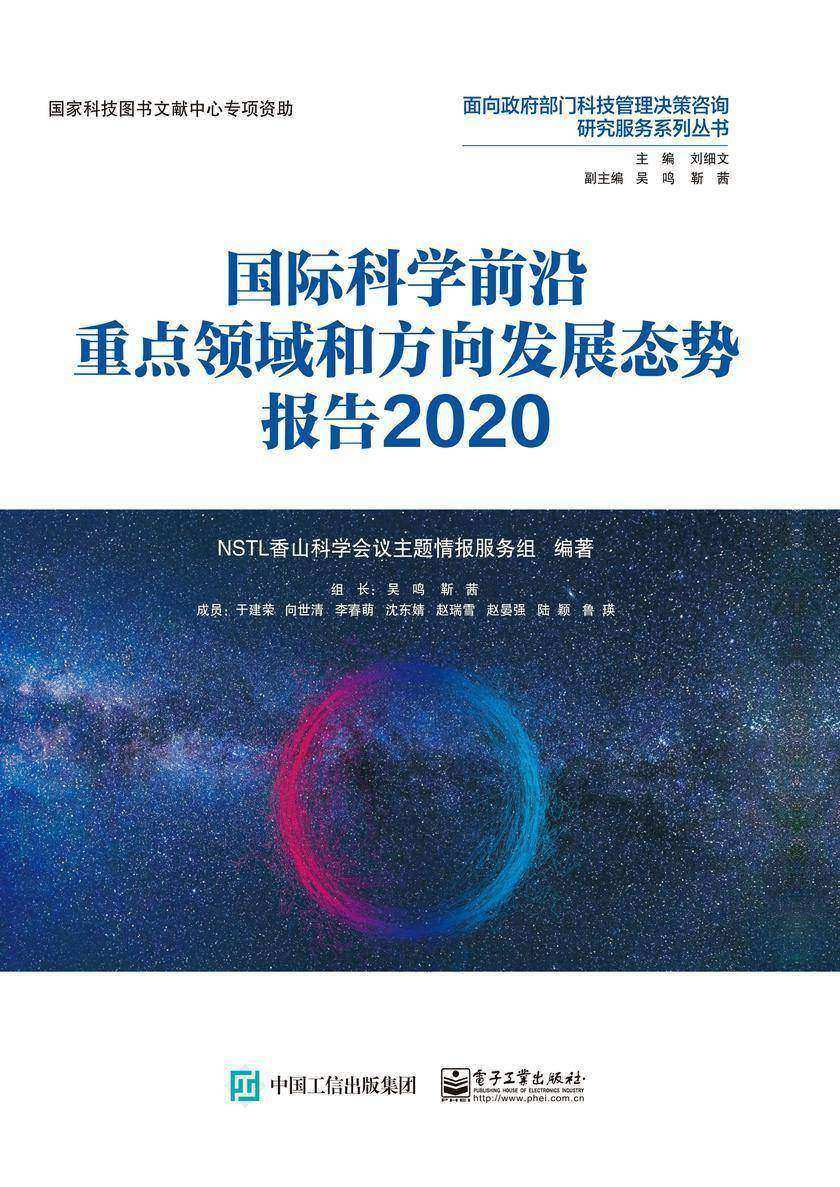
国际科学前沿重点领域和方向发展态势报告2020(全彩)
¥418.60
暂无
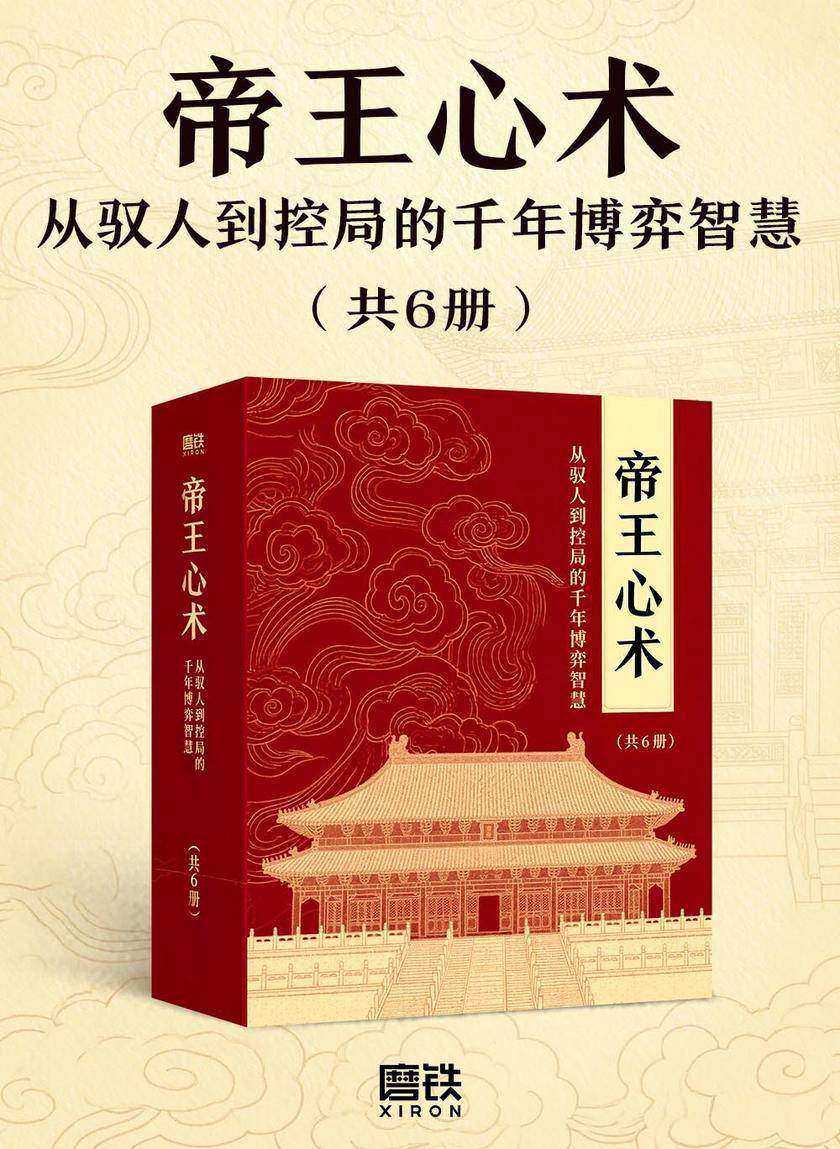
帝王心术:从驭人到控局的千年博弈智慧(共6册)
¥418.00
揭秘帝王心术,比野史更贴近真相。套装共六册,包含《康雍乾:大清100年》、《崇祯:从励精求治到民心日离》、《赵匡胤:从黄袍加身到金匮之盟》、《草根的逆袭:朱元璋》、《人心至上:刘邦》、《阳谋先生:曹操》。

岁月不言,人间有爱(共7册)
¥417.99
岁月不言,人间有爱!拥抱每一个懂爱的灵魂!套装共7册,分别为《洋食小川》《小小小小的人间》《只有春天和爱允许入内》《世界是你的猫窝》《树下神猫的告白》《星期一,喝抹茶》《心有花田万事香》

韦伯作品集(*辑)
¥417.00
《新教伦理与资本主义精神》是马克斯·韦伯著名的作品。在这部作品中,韦伯提出了一个知名的论点:新教教徒的思想影响了资本主义的发展。宗教教徒往往排斥世俗的事务,尤其是经济成就上的追求,但为什么新教教徒却是例外? 韦伯在该书中论述宗教观念(新教伦理)与隐藏在资本主义发展背后的某种心理驱力(资本主义精神)之间的关系。韦伯列举了新教、清教、加尔文教等教徒生活、学习的例子并加以分析得出:资本主义的兴起和成功与新教盛行存在着相互影响的关系。新教入世禁欲主义伦理为资本主义企业家提供了心理驱动力和道德能量,从而成为现代资本主义得以兴起的重要条件之一。 《经济与社会》原著共两卷,英文本由多位韦伯研究专家合作翻译,并加有长篇导言和注释,于1968年出版。本书被众多学者推为20世纪*伟大的社会学著作。韦伯在《经济与社会》中*而系统地表述了他的社会学观点和对现代文明本质的见解。他对社会学的定义、对象、方法及一些基本范畴和概念进行了详细的阐释,又分别互有交叉地阐发了他的经济社会学、法律社会学、政治社会学思想。韦伯广泛地援引世界历史资料,把发生在不同时代、不同文明和不同社会中的经济形式、法律形式、统治形式纳入他独特的概念体系,分门别类地做出类型化比较研究和系统化因果分析。韦伯的研究以现代西方社会为立足点,通过对东西古今各种文明的比较,突出“理性化”这一特质,以此作为现代西方文明的本质和特征。 《罗雪尔与克尼斯》由韦伯论述数位作者的系列文章组成,关注的核心是“逻辑”与方法论的问题,是韦伯的*部元理论著作,也是韦伯方法论思想的奠基之作。 在写作成名作《新教伦理与资本主义精神》的同时,韦伯也一直在着力于方法论的研究,以为自己的经验、历史研究奠定方法论上的基础。《罗雪尔与克尼斯》就是韦伯方法论研究的重要成果。在书中,韦伯对当时人文社会科学的方法论问题进行了探讨。他试图说明,历史学和社会学所讨论的方法论问题,是如何影响历史性的国民经济学的早期阶段的。同时,韦伯也讨论了他所谓的“文化史”研究如何能够具有客观性的问题。 《批判施塔姆勒》是马克斯·韦伯对鲁道夫·施塔姆勒(Rudolf Stammler)《历史唯物主义的经济观念与法律观念:一项社会哲学研究》一书所作的细致评述与批判,也是韦伯继《罗雪尔与克尼斯》之后又一重要的方法论(元理论)著作。 在对施塔姆勒的批判中,韦伯意在通过考察社会文化科学领域之一的法社会学的逻辑特征,来维护自己有关解释性社会文化科学,也即秉持理解论题的社会文化科学的观念。本书揭示了许多关键联系:《罗雪尔与克尼斯》专著与《经济与社会》的问题意识之间的联系;韦伯的方法论与当代诸多方法论之间的密切关系,包括彼此交叠的常人方法学、现象学社会学、诠释社会学以及日常生活社会学等学说。 韦伯认为,任何科学研究或学术研究,在五十年内必然会过时。这是科学进步内在辩证的结果,也是科学分工日趋精细的结果。但韦伯方法论(元理论)著作背后的意图,是要去发展一种“新工具”
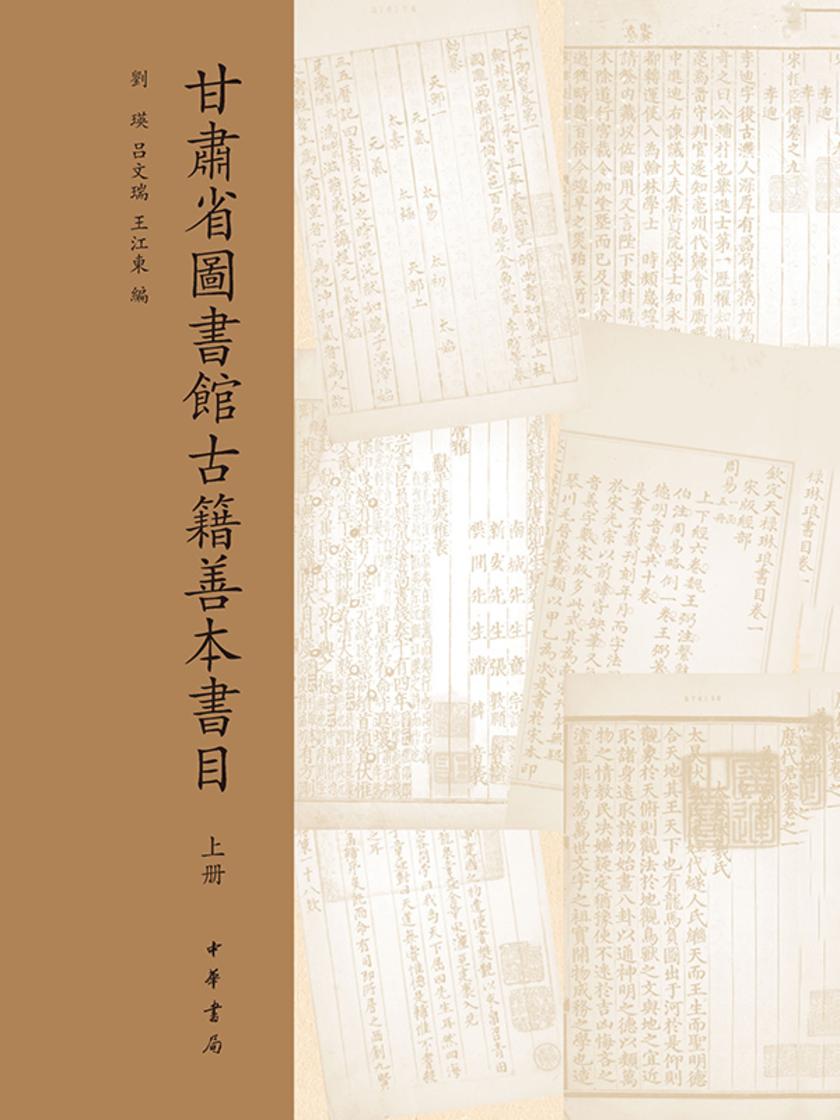
甘肃省图书馆古籍善本书目(精)全二册(试读本)
免费
本书收录甘肃省图书馆馆藏善本4000余种,包含敦煌写经382件、宋元善本30余部以及文溯阁《四库全书》等。 全书依照传统的中文古籍分类法,即“经”、“史”、“子”、“集”、“丛”五部编排,正文后附索引。具体著录上参照古籍著录规则,著录书名、卷数、著者、版本、册数等,书后附书名、著者名索引。




 购物车
购物车 个人中心
个人中心



